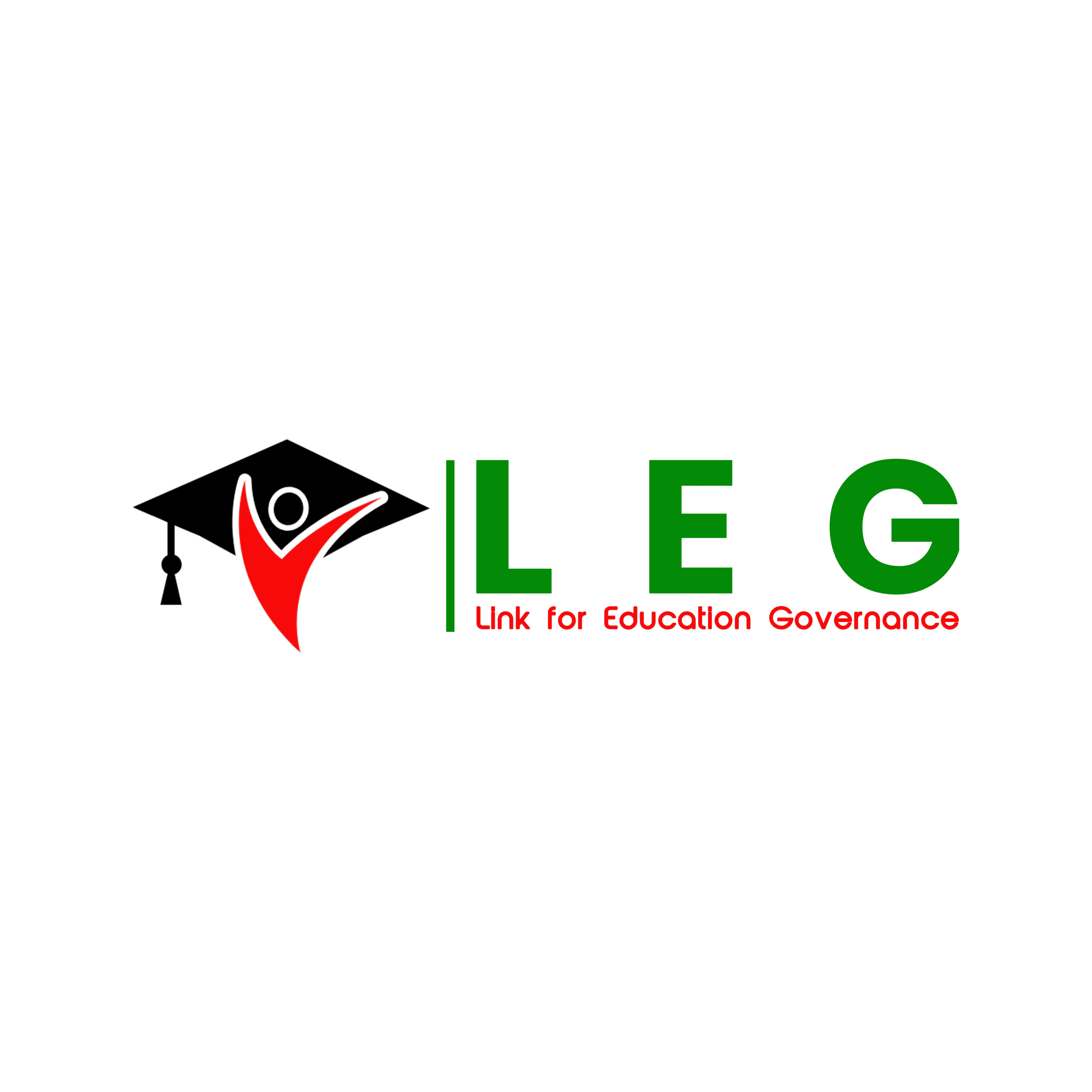URGENT CALL FOR INCREASED BUDGET ALLOCATION FOR
INCLUSIVE EDUCATION IN THE 2021/22 BUDGET
Link for Education Governance (LEG) is a non-governmental organization (NGO) founded in January 2006 and registered with the Malawi Government in November 2007. The vision of LEG is to have a country where all its citizens regardless of their socio-economic standing in society have equitable access to quality and relevant pre-school, basic, secondary and higher education through a system that has desirable ingredients of good governance and democracy. In
light of its mandate LEG has conducted an analysis of the 2021/22 financial year budget presented by the Hon. Finance Minister, Mr. Felix Mlusu in the National Assembly in Lilongwe on Friday, 28th May, 2021.
LEG would like to commend government for allocating the lion’s share of the budget to the education sector to the tune of K327.3 billion out of the K1,990 billion projected public expenditure, representing 16.5% of the budget or 3.2% of the GDP. This budget will take care of some of the needs of the sector for the nation to deliver equitable access to quality education in line with Malawi 2063 and the education sector policies, strategies and priorities.
On the other hand, LEG has noted with concern, that the budget has paid a blind eye to inclusive education sub-sector, an area that requires serious and urgent attention.
Inclusive education caters for children with disabilities whose categories fall into the following: low vision, blind, hard of hearing, deaf, physical disability, learning difficulties, and albinism. Such children are often marginalized and are under-represented, making up less than 4% of the total student population even if the 2018 census report shows that persons with disabilities make up at least 10.4% of the population. Latest enrolment figures show that nearly 200,000 children
with disabilities are enrolled in the education sector including 186,501 learners in primary schools, 880 learners in secondary schools, and 137 students in universities. Therefore, the few who are enrolled in our schools need to be cared for so that they don’t drop out or fail to access quality education and proceed to higher levels of education.
In our analysis of the 2021/22 budget, we have noted with concern that inclusive education has been allocated a mere K33.9 million, which is only 0.1% of the K327.3 billion allocated to education sector, way below 5% policy benchmark. With such a negligible allocation the inclusive education financing translates to a per pupil expenditure of K170 for children with disabilities, compared to K55,000 for regular students enrolled in the education system. The 2021/22 allocation for inclusive education is not only lower than the 2020/21 budget allocation of K94 million, but is also the lowest in the past six years since 2016/2017.
The 2021/22 budget allocation falls short of the expenditure projections in the national inclusive education strategy 2017-2021 which is in its final year of implementation. The strategy was budgeted at K22 billion over 5 years distributed as follows: K5 billon, year 1; K4.8 billion, year 2; K4.5 billion, year 3; K3.8 billion, year 4; and K3.9 billion, year 5; averaging K4.4 billion a year. The 2021/22 allocation is just 0.8% of the fifth-year expenditure projection in the inclusive education strategy. Over the past five years a total of K351 million has been allocated to inclusive education sub-sector, translating into just 1.6% of funding requirements for inclusive education strategy amounting to K22 billion.
The gross underfunding of inclusive education in the 2021/22 budget means that the needs of children with disabilities to access quality education will hardly be met. The underfunding in the 2021/22 budget means that the department in charge of inclusive education in the Ministry of Education will not be able to carry out planned activities such as procurement of specialized teaching and learning materials (estimated at K500 million), training of 2000 teachers in sign language (estimated at K30 million), training of 800 care givers in inclusive education (estimated at K15 million), training of 8000 primary and secondary school teachers in inclusive education (estimated at K40 million) and financing of the already under-resourced resource centres scattered across the country. The budget does not even cater for recruitment of teachers, with the sub-sector facing a huge deficit of 16,611 specialists teachers.
Poor funding for the inclusive education sector exacerbates the plight of children with disabilities who are under-represented in the education system and perform poorly in national examinations. For instance, in 2020 MSCE the pass rate for children with special needs was at just 40.32% below the national average of 41.42%, with very poor pass rates for children with hearing impairment (28%), compared to those with low vision (45%) and other disabilities (37%). It is not surprising to see only 137 students with special needs enrolled in public universities versus total student enrolment of 46,761 in 2019/20. The consequence of poor representation of students with disabilities in the higher education levels is poor representation in employment circles as well as extended poverty and suffering for persons with disabilities. Persons with disabilities are not second citizens, and so deserve better treatment like all Malawians, and this should begin with education, which is a fundamental human right and center piece of development.
In light of the observations above, LEG would like to appeal to government through the National Assembly to review the proposed 2021/22 budget for education, reprioritize and reallocate more funding for inclusive education. We propose allocation of at least K1 billion for implementation of inclusive education activities in 2021/22 budget. We hope that the call for increased allocation
will be taken seriously and positively by government.

Leave a Reply